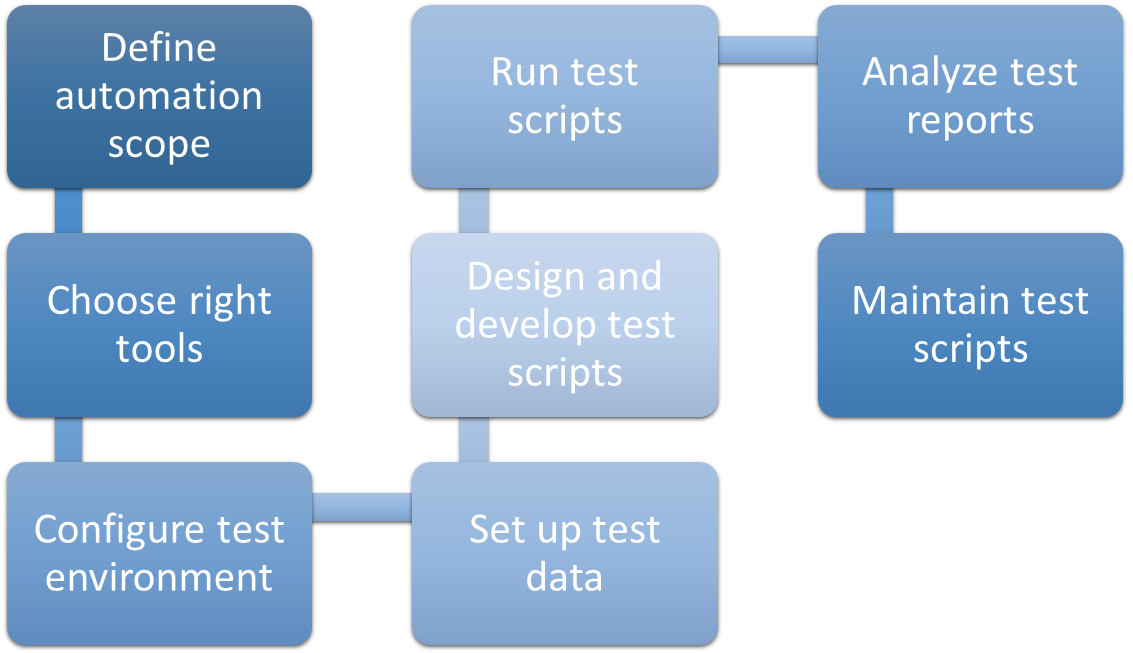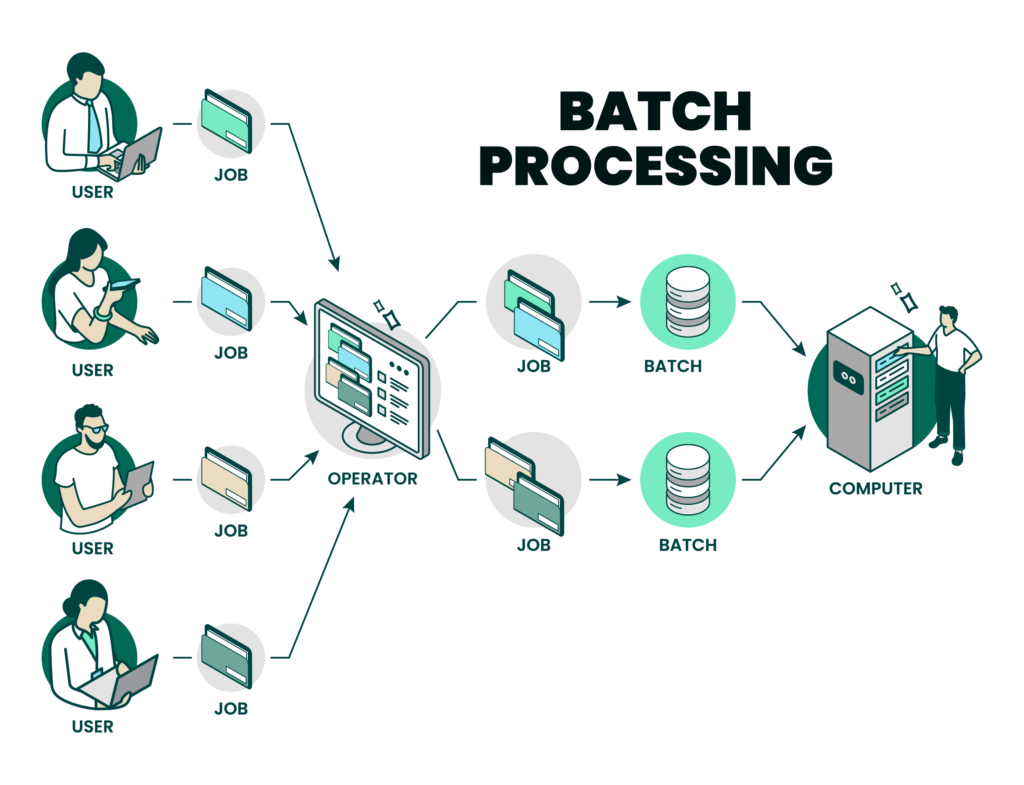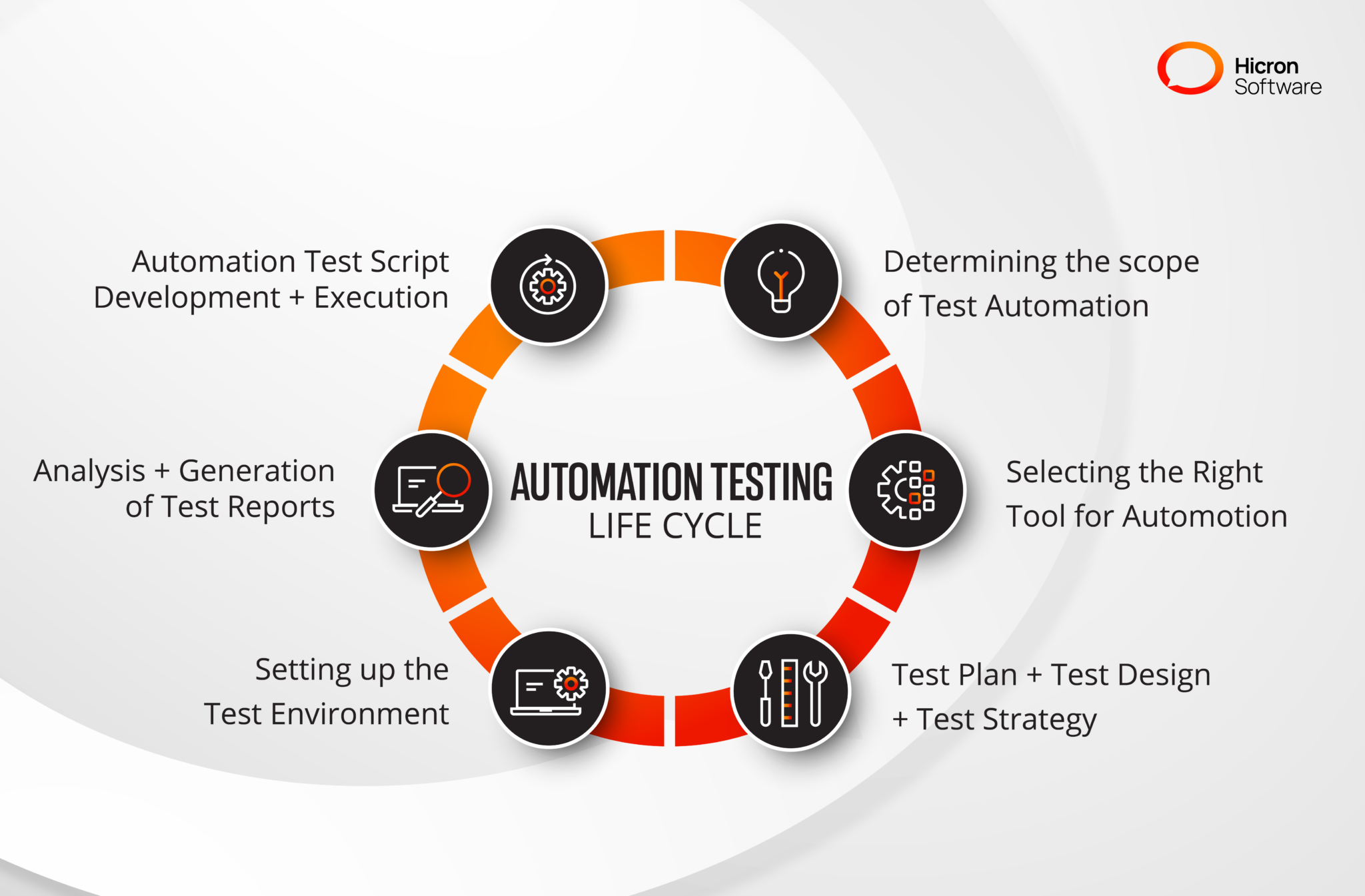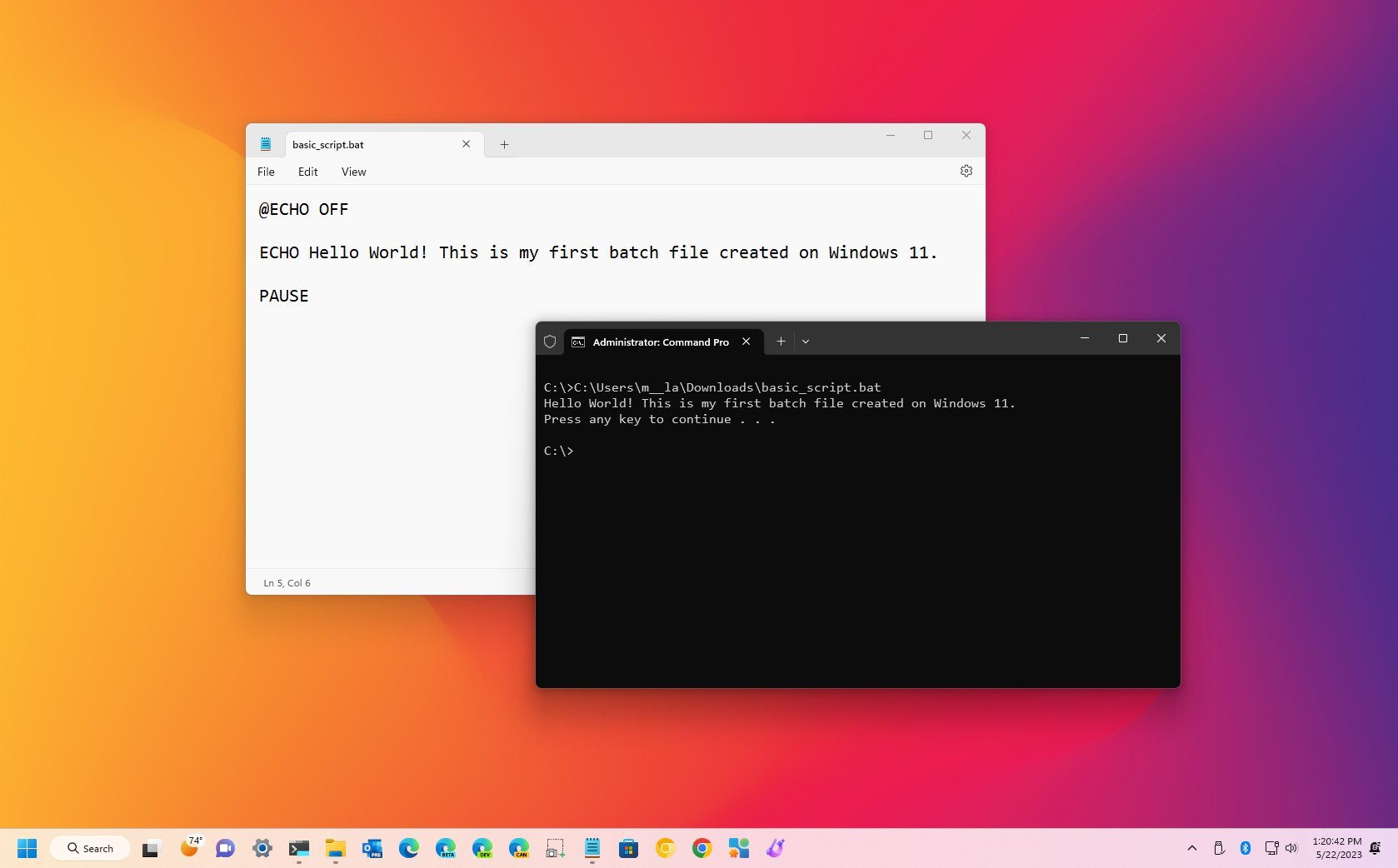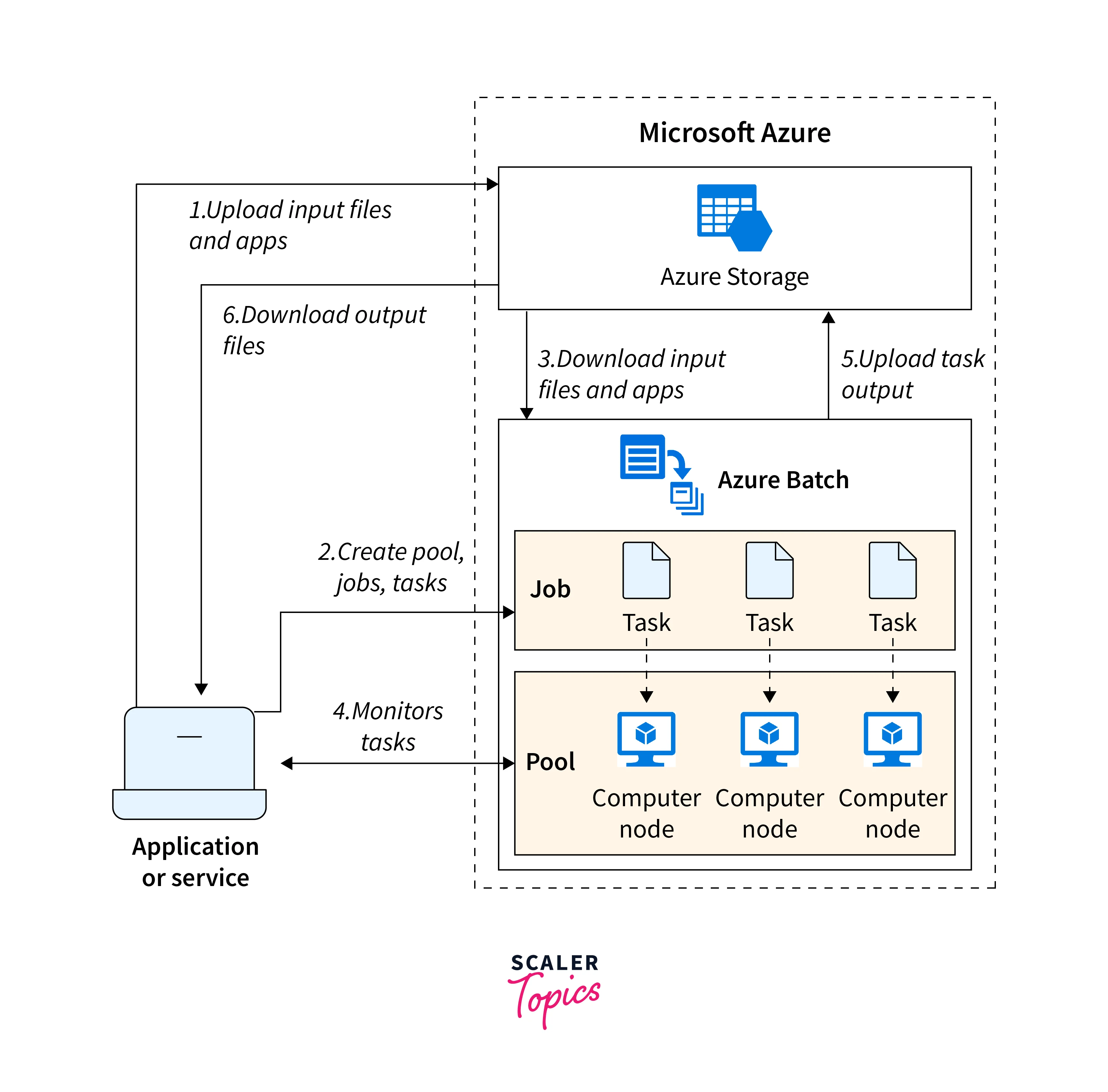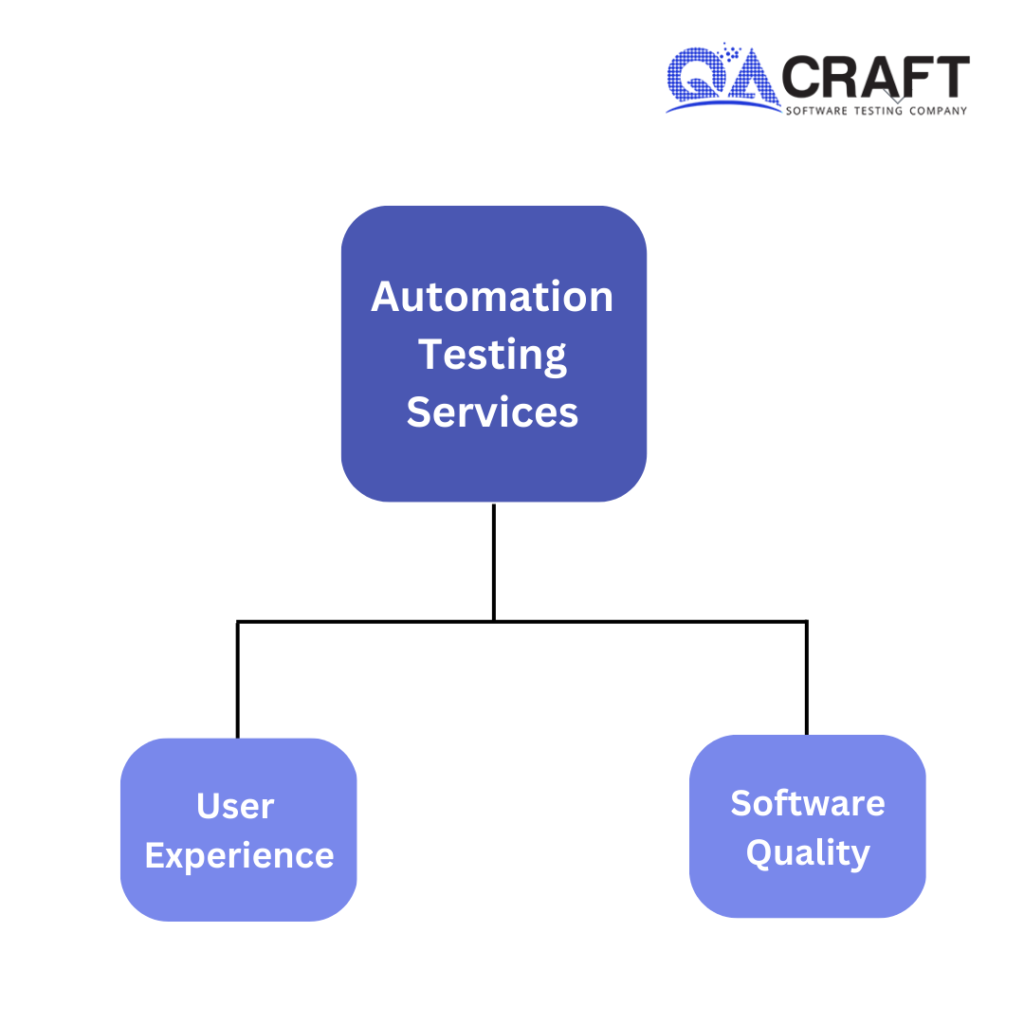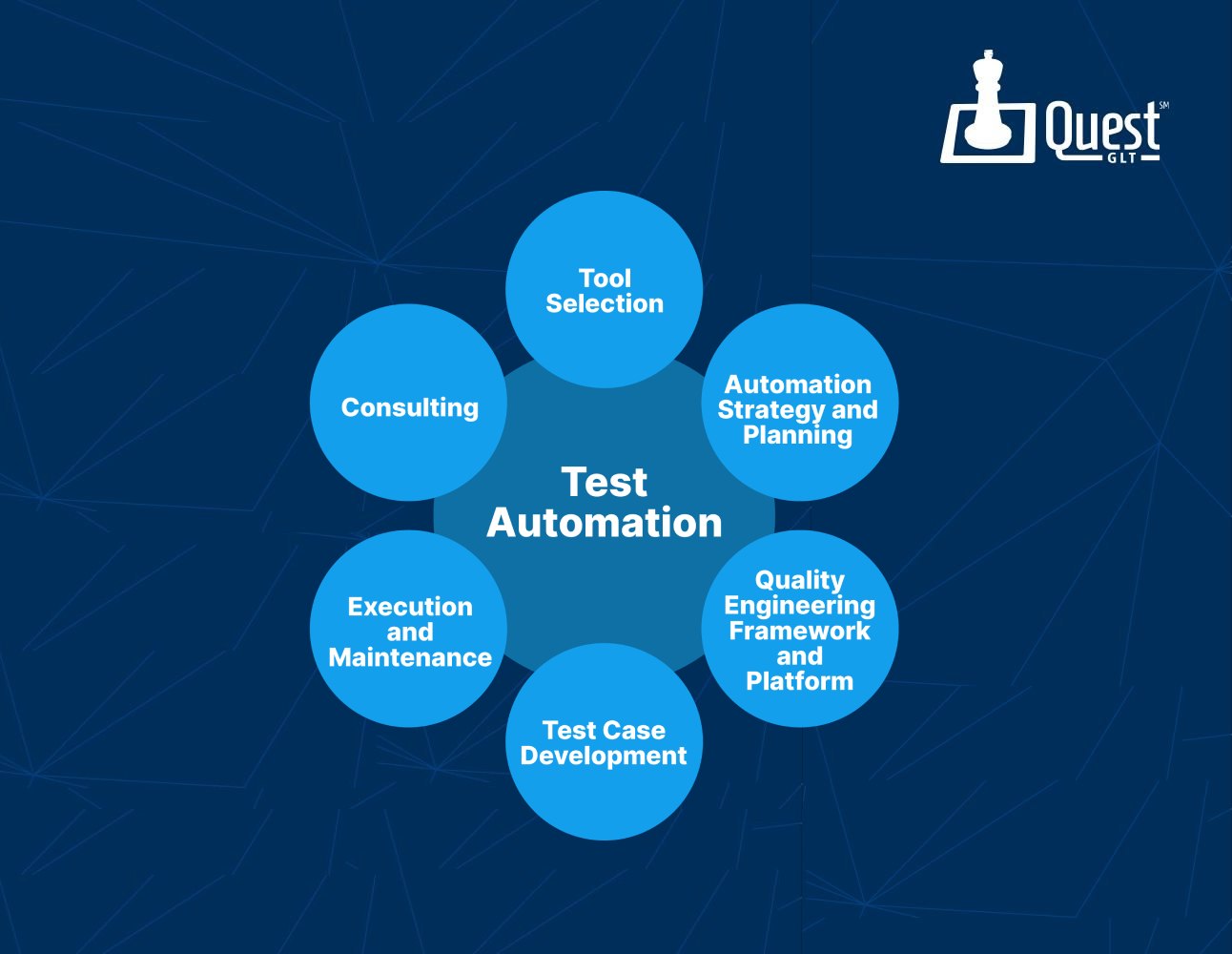Let’s talk Unix batch jobs. Aren't they like that old, reliable car you keep in the garage? You know it'll probably start, but you're never quite sure until you turn the key. So, how do we avoid that "Oh no!" moment?
Here’s my (probably unpopular) opinion: treat your batch jobs like delicate little snowflakes. They need coddling. They need automated testing!
The "Hope and Pray" Method (Don't Do This)
First, let's admit something: many of us start by just running the job. Then, we cross our fingers. Finally, we hope the output looks okay.
This is, shall we say, not ideal. Especially when your job is updating the company's financial data!
Step 1: Embrace the Command Line
You're using Unix. The command line is your friend. Befriend it! Forget GUI tools for this, at least initially.
Start by writing scripts. Small, specific scripts. Think little helpers that do one thing really well.
Step 2: "Diff" is Your New Best Friend
Okay, you ran your batch job. Now what? Here's where diff comes in. Seriously, diff is awesome.
Run your job. Capture the output. Save it as "expected_output.txt". Then, run the job again. Compare the new output with the old using diff.
If
diffshows nothing, you're probably good. If it explodes with differences, time to investigate!
Step 3: Automate All the Things!
Manually running diff every time? Nope. That's what computers are for! Write a script to do it for you.
Think of it as a tiny robot that checks your work. This robot is your new best friend. (After diff, of course).
Step 4: Embrace Exit Codes
Unix programs return exit codes. Zero (0) usually means "success". Anything else means "something went wrong."
Use these! Check the exit code of your batch job. If it's not zero, stop the presses! Sound the alarms!
Step 5: Mock It 'Til You Make It
Your batch job probably depends on external data. What if that data is flaky?
Create mock data. Little, controlled datasets that you know the answers to. Test your job against this mock data first.
The Unpopular Opinion, Re-Stated
Here it is again: Testing batch jobs is not optional. It's essential.
And automating those tests? That's not just smart; it's downright lazy...in the best possible way. Less manual work for you!
Remember: a little bit of upfront testing saves you from a lot of frantic debugging later. Trust me on this one. Now, go forth and automate!






